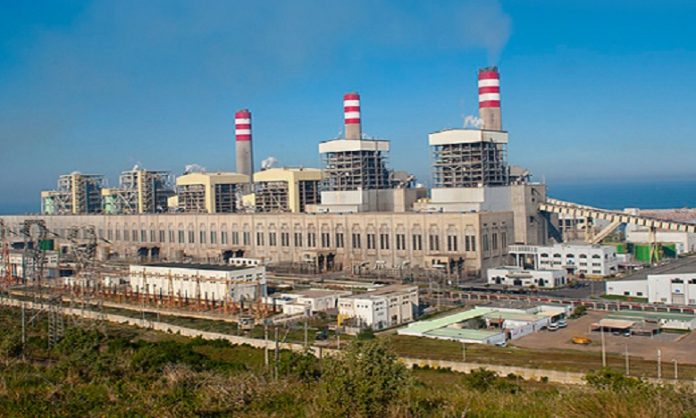TAQA Morocco, the country’s leading private electricity producer, is undergoing a significant strategic shift. While its revenue declined by 17.5% in 2024, reaching 10.878 billion dirhams, this drop does not signal a slowdown but rather an adaptation to the evolving global energy landscape. The primary factor behind this decrease is the lower price of coal—a temporary market condition that TAQA Morocco aims to leverage as it pivots toward a more sustainable energy model.
With coal prices falling sharply on international markets, the company has seen a dip in revenue, but this has also led to lower production costs. As a result, TAQA Morocco has been able to keep its debt under control at 5.582 billion dirhams while optimizing its investments to shape the future of Morocco’s energy sector.
Despite these financial adjustments, the company maintains strong operational performance, with an availability rate of 93%, underscoring its commitment to industrial efficiency and infrastructure reliability. Although investments have decreased slightly—down 10.7% to 293 million dirhams in 2024—TAQA Morocco continues to enhance its production and maintenance capabilities.
More than just a historical coal player, the company is actively preparing for a diversified energy future. By 2030, it plans to expand its energy portfolio with new low-carbon capacity, aligning with Morocco’s broader transition toward cleaner energy.
Key projects in development include green hydrogen, a promising energy source for industrial use and exports. Additionally, TAQA Morocco is investing in seawater desalination to help address the country’s growing water scarcity challenges. The company is also working on optimizing its existing infrastructure to improve efficiency while reducing its carbon footprint.
As a cornerstone of Morocco’s energy sector, responsible for 35% of the country’s electricity production, TAQA Morocco is not merely reacting to lower coal prices—it is using this moment to recalibrate its investments and accelerate its transition toward more sustainable energy sources.




